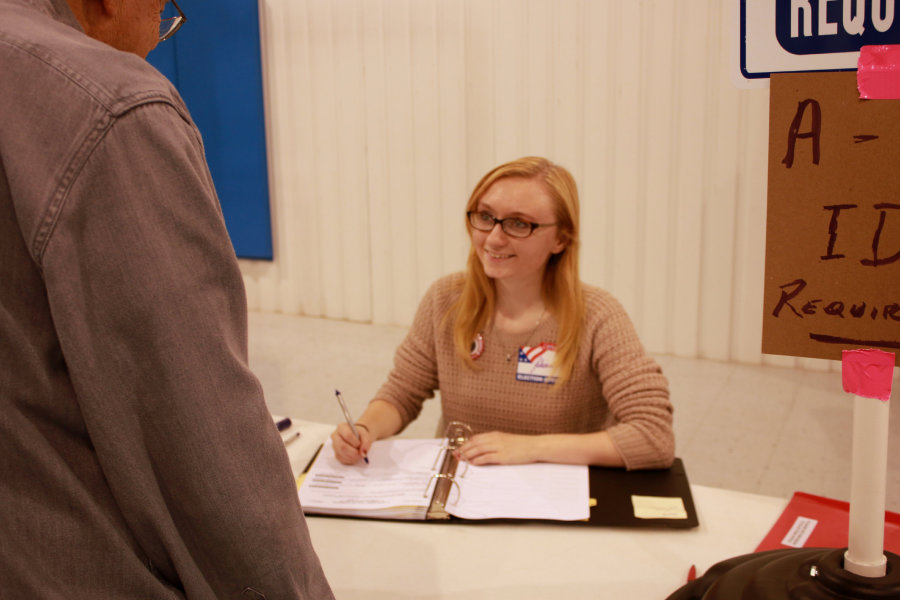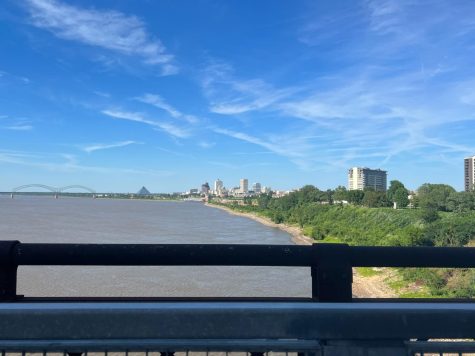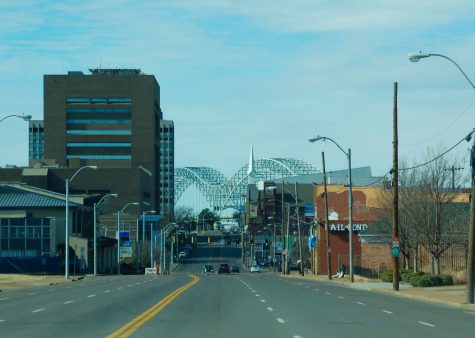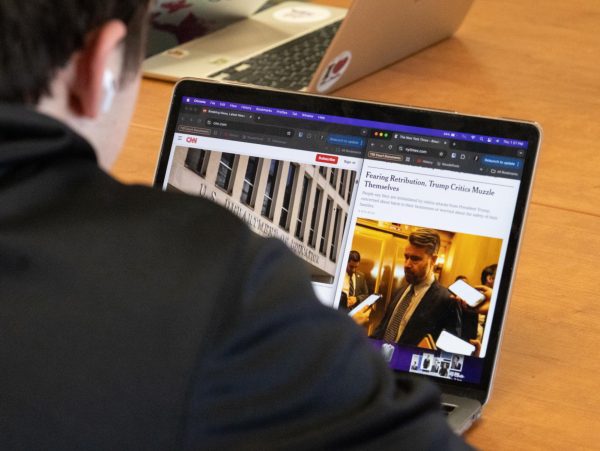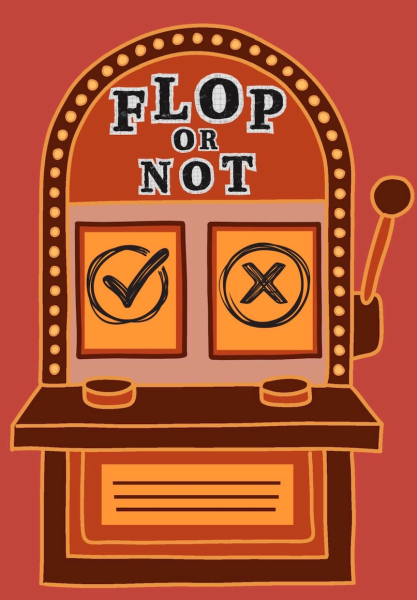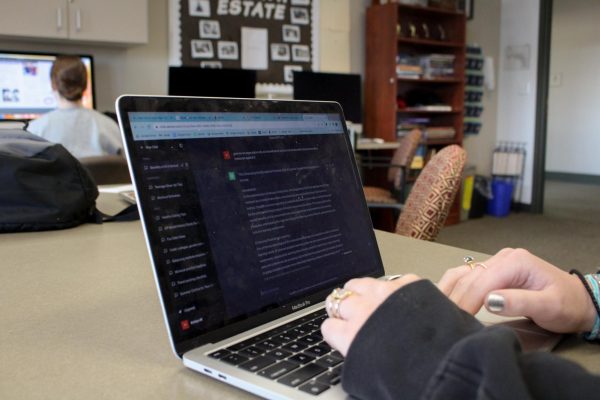Behind the scenes of Election Day
Photo: Susanne Wall
Senior Juliana Wall greets a voter as she signs him in the registrar book. Over 1,030 people came through the doors on Election Day.
Tuesday, Nov. 4, was Election Day, and I had the opportunity to work the elections that day at the Hickory Withe precinct in Fayette County. This was my second time working the elections, my first being this previous August elections. This experience seemed daunting at first, as I was worried that I would make mistakes in my job and then cause complications for my mom, Susanne Wall, who served as the officer, or person in charge, at the precinct. However, once I walked through the different processes, it was quite easy.
The day began with waking up at five o’clock in the morning, arriving at the precinct at six a.m. and setting up the tables, ballot machines and all of the paperwork. The doors opened at seven a.m. and closed at seven p.m., however workers cannot leave the premises for any reason during the day nor are they allowed to leave at the end of the day until the Officer has all of the voting numbers from the machines and the registrar books.
I was assigned the job of Registrar where I verified their registration photo ID and had them sign a signature book that we had. Over 1,030 people walked into our precinct to vote. People lined up according to their last name, I checked their ID, marked what I needed, got their signature and they were off to the voting machines.
It was a long day of doing this, but it was eye opening to see the procedure of voting. It was also interesting that most of my coworkers were either my mother’s age or older and additionally, there were only a handful of young people my age or relatively close who actually came in to vote. Now, not to say that young people are not voting or are not involved in politics at all, but it is a shown statistic that there are less and less young people involved with voting.
“It is important for them to understand the process of elections and how to be involved,” said the Administrator of Elections in Fayette County Mr. Jamie Jenkins. However, this being said, when asked how many young people were employed to work the elections on Nov 4, he replied they had less than five.
With roughly fifteen districts in Fayette County and one precinct within each of those districts, in total, there are about 207 workers employed each election day. Poll workers, whose average age nationwide currently is seventy-two, typically work days that exceed twelve hours and receive minimum wage or only slightly higher in most of the country.
It is not difficult to become a poll worker and only takes one day complete the job to at least get a glimpse of how voting works. According the U.S. Election Assistance Commission, requirements to be a poll worker are often not extensive at all; you simply must be a registered voter, at least eighteen years of age, and a resident of Tennessee. All of these requirements are very similar, if not the same in all states.
“I’ve probably seen about 10 high school students in the eight years I have been serving as a precinct officer,” said Mrs. Susanne Wall.
Personally, I have never been really up to date with politics, however, in the recent years, as I have become more aware of the world we live, I have realized just how much of a privilege we have with our voting system. In a country where men and women fought for our freedom, we have an amazing chance to enact that freedom. It is for this reason that I believe teenagers and college students should actively be involved with elections. It doesn’t take much to learn how it all works together and not only is it a paying job, but also it is a crucial eye opening experience that will allow for more politically aware adults.
“I have found that it an valuable experience for young people to work an election,” said Mrs. Wall, “It allows them the opportunity to appreciate the work that goes into providing every citizen the opportunity to vote.”


